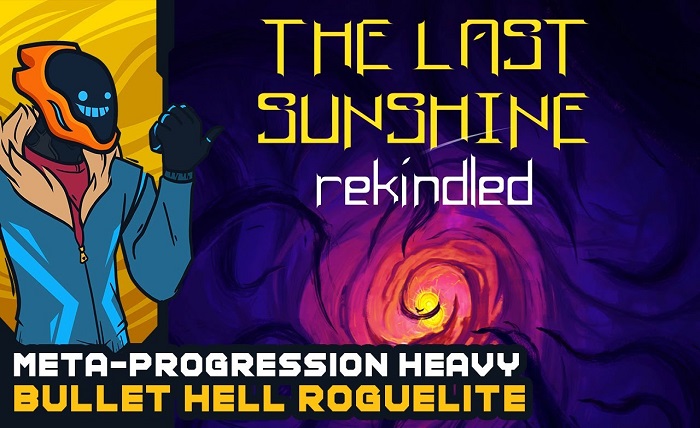No Feelings: Navigating Heartbreak with Nguyen Duy Tri’s The Last Sunshine

Heartbreak. A universal language spoken in tears, whispered goodbyes, and the hollow ache of memories. In his 2022 collection, “The Last Sunshine,” Vietnamese poet Nguyen Duy Tri paints a poignant portrait of love and loss, weaving together raw emotions with exquisite imagery. This exploration of “No Feelings,” as one poem aptly titles it, transcends borders and cultural divides, offering solace and empathy to anyone who has ever loved and lost.
Tri’s poems are not sugarcoated escapes. They delve into the depths of despair, capturing the suffocating darkness that descends after love’s light fades. In “After the Rain,” he writes, “The garden is full of fallen petals / where yesterday, roses bloomed. / The rain washes away your laughter / leaving behind only emptiness.” The imagery is vivid, evoking the sense of decay and desolation that accompanies a shattered heart.
But “The Last Sunshine” is not merely an elegy for lost love. It is also a testament to resilience. Tri explores the gradual process of healing, the slow emergence of light from the shadows. In “The Day You Left,” he writes, “The sun still rises / even on days without your smile. / The birds still sing / even with a broken wing.” These lines offer a gentle reminder that life persists, that beauty still exists even in the midst of pain.
The collection’s strength lies in its authenticity. Tri doesn’t shy away from the rawness of emotion. He embraces vulnerability, expressing a spectrum of feelings – anger, resentment, despair, and ultimately, acceptance. In “Farewell,” he writes, “Goodbye, my love, / with all the echoes of yesterday’s laughter / and the bitterness of tears unshed.” The honesty resonates with readers, creating a sense of shared experience and forging a connection across the distance of pages.
Beyond personal heartbreak, “The Last Sunshine” touches on universal themes of loss and impermanence. In “The Old Tree,” Tri muses on the passage of time, comparing love to the fleeting seasons. He writes, “Like leaves falling from branches / our memories drift away one by one.” This poignant reflection reminds us to cherish the present, for even the most vibrant love stories have an ending.
Nguyen Duy Tri’s “The Last Sunshine” is not a light read. It is a journey into the heart of darkness, but one that ultimately leads back to the light. By confronting the raw emotions of heartbreak, Tri offers a cathartic experience for readers, allowing them to process their own losses and find solace in shared experience. The collection is a testament to the power of language to heal, to connect, and to remind us that even in the darkest of times, the last sunshine has the potential to rise again.
Conclusion:
In “The Last Sunshine,” Nguyen Duy Tri has crafted a collection that transcends the boundaries of language and culture. Through unflinching honesty and evocative imagery, he navigates the tumultuous waters of heartbreak, offering solace and reflection to anyone who has ever loved and lost. “The Last Sunshine” is a testament to the resilience of the human spirit, a reminder that even in the depths of despair, hope and healing are always possible. So, whether you are reeling from a recent loss or simply seeking a deeper understanding of the human experience, immerse yourself in the lyrical verses of Nguyen Duy Tri’s masterpiece. Let his words resonate with your own, and allow “The Last Sunshine” to guide you through the darkness, back towards the light.
Bonus Tips:
- Consider including specific poem excerpts that resonate with you to illustrate Tri’s themes and writing style.
- Discuss the cultural context of Vietnamese poetry and how it influences Tri’s work.
- Recommend other works by Nguyen Duy Tri or similar poets who explore themes of love, loss, and resilience.
- Encourage readers to share their own experiences with heartbreak and connect with the emotions presented in the collection.




